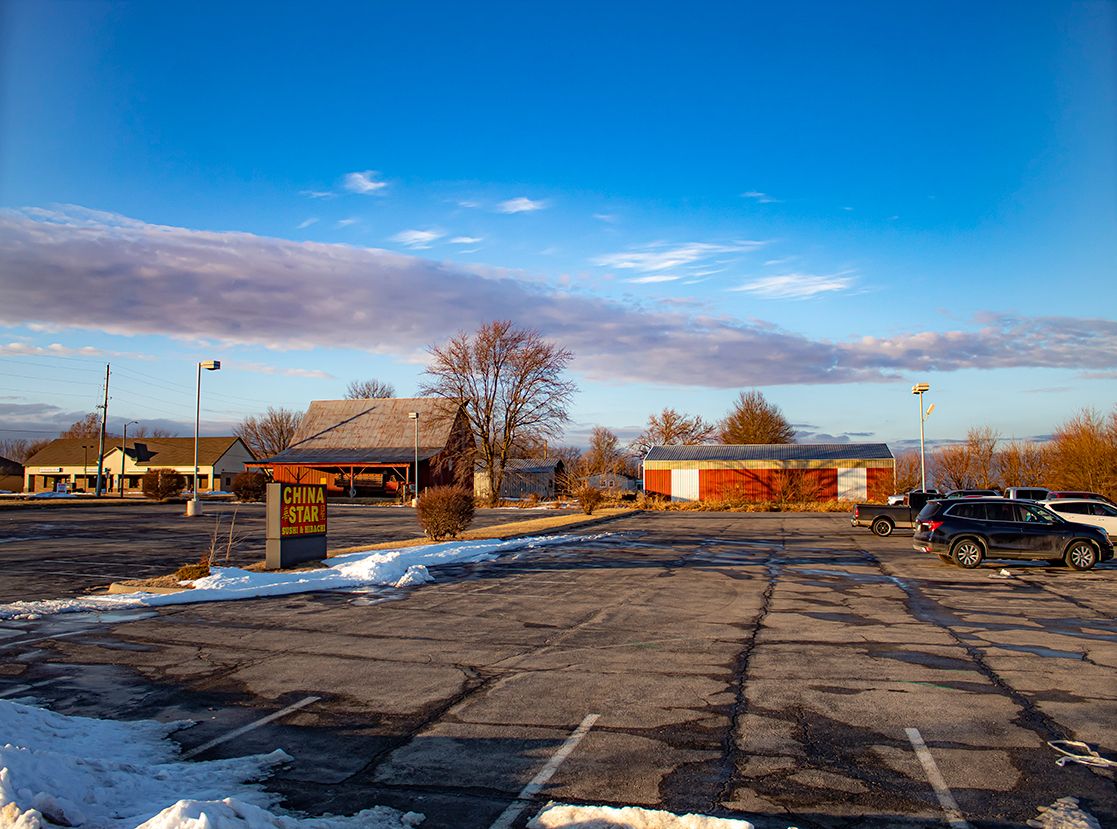
Chick-fil-A versus China Star Restaurant
By Raymore Journal staff
Chick-fil-A wants to build a new location in Raymore, but China Star appears to be getting in the way.
During a work session on Monday, Feb. 7, the Raymore City Council discussed the property located at 1918 W. Foxwood Drive. There is some high interest in the property, but the current tenant stands in the way.
Currently, China Star is the tenant in the sole building occupying the two lots. The tenant’s lease, which is good for another four years, includes both parking lots.
Meanwhile, Chick-fil-A has expressed interest in the prime real estate that sits right off 58 Highway in what is known as the Gateway of Raymore, according to discussions during the work session. However, China Star has rights to both parking lots.
Anyone who drives by the property at any given time on any given day knows that China Star does not need the second lot. So what is the issue?
According to Economic Development Director David Gress, China Star, the developer and the property owner, San Diego-based Realty Income Corporation, have been involved in ongoing discussions about the lease. The idea is to make an amendment to the lease that relinquishes China Star’s right to the unused parking lot. That way, both restaurants can co-exist on the property.
According to City Manager Jim Feuerborn, Chick-fil-A has offered to redo the traffic patterns and improve the parking. Realty Income has indicated it will not penalize China Star for breaking the lease early. Additionally, Realty Income has offered to assist with the move.
However, China Star “has been very difficult,” Feuerborn said. Consequently, Realty Income is appearing to have stopped negotiations in the hope that China Star will accept one of its offers. Feuerborn said that China Star has indicated that it needs both lots.
Once the involved parties reach an agreement, the city will likely need to step in to offer incentives to remediate some of the blight that exists on the property. In fact, Feuerborn said that Chick-fil-A “will be looking for incentives.” However, city officials cannot do anything without completing a blight study.
If the study finds that the property meets the criteria of being blighted, then the city will have some jurisdiction over the property. Specifically, Raymore can use city funds to address the blight, including redevelopment, remediation, or property improvements. Without the study, Raymore will not be able to immediately move forward with the development by offering incentives.
A finding of blight is inevitable. As Gress pointed out during the work session, there are a variety of issues plaguing the property, including a deteriorating building, property maintenance, and numerous building and health code violations. Both Realty Income Corporation and China Star share responsibility, depending on the violation.
It appears that the city may have more than enough evidence to take more drastic measures if necessary. Based on the many known code violations, Feuerborn suspects the building also has some South Metro Fire code violations. Furthermore, Feuerborn indicated that there are numerous county health code violations. That could be enough for the city to level the building regardless of how negotiations are going.
So far, the city is letting the three involved parties figure it out between themselves. Meanwhile, Raymore officials are getting ready to quickly move forward once an agreement is reached. What that means for China Star remains to be seen.